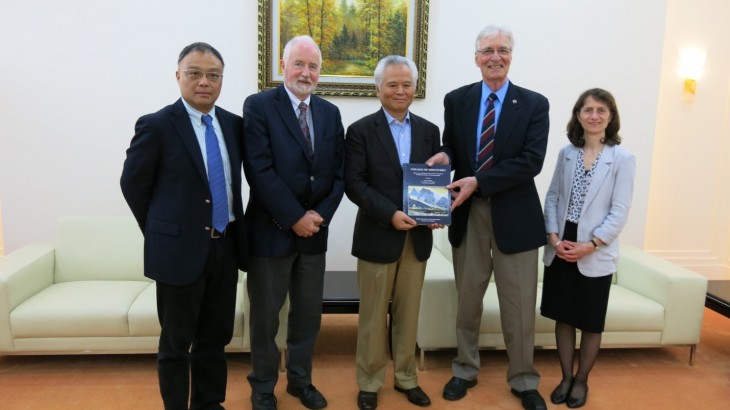
Elizabeth De Santo, Department of Earth and Environment at Franklin & Marshall College, Pennsylvania, and Adjunct Professor at Dalhousie University, recently published a new paper about public consultations regarding marine protected areas in the UK. The paper provides an assessment of public consultation processes and outlines implications resulting from the erosion of public confidence in the […]



